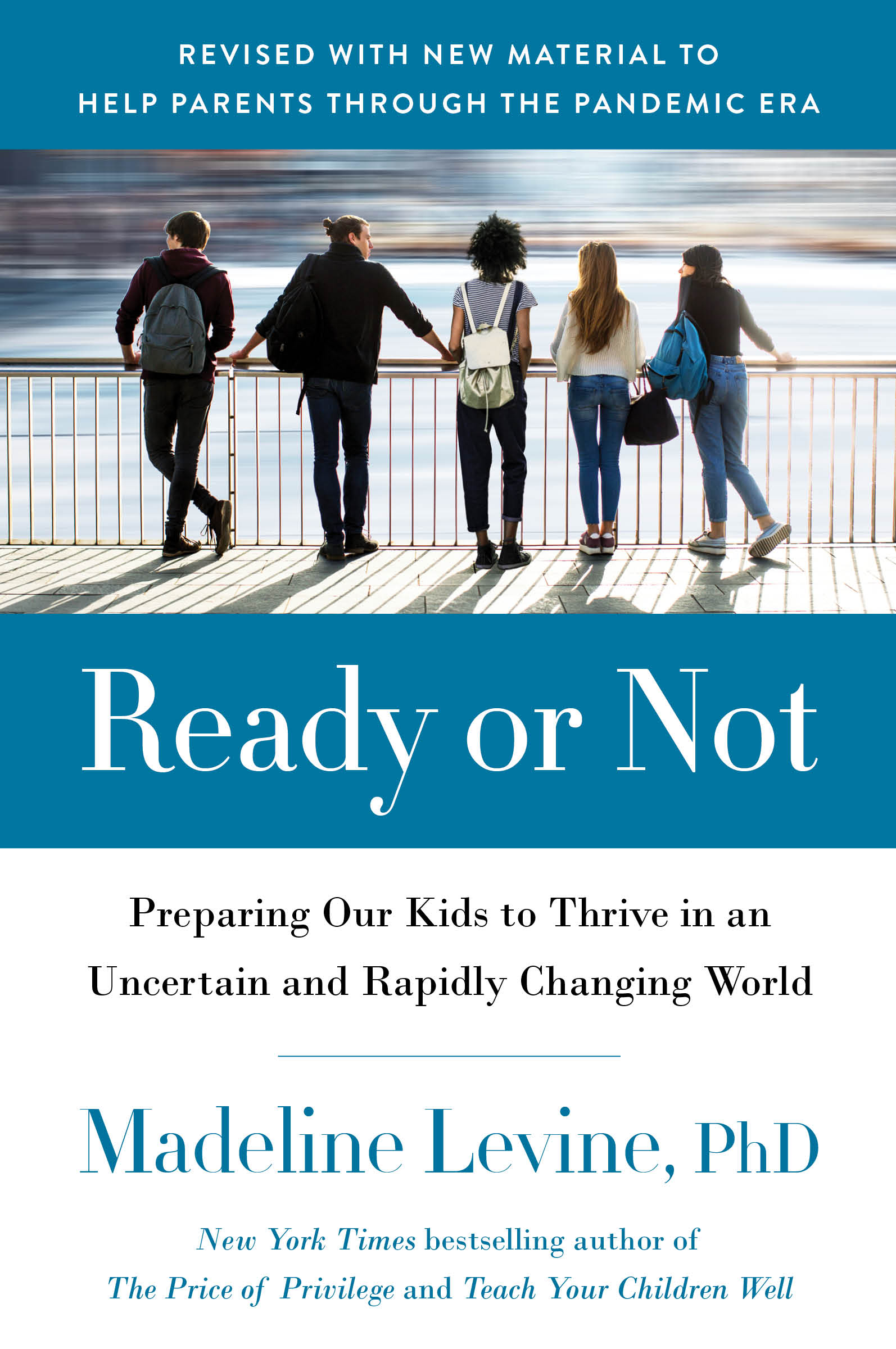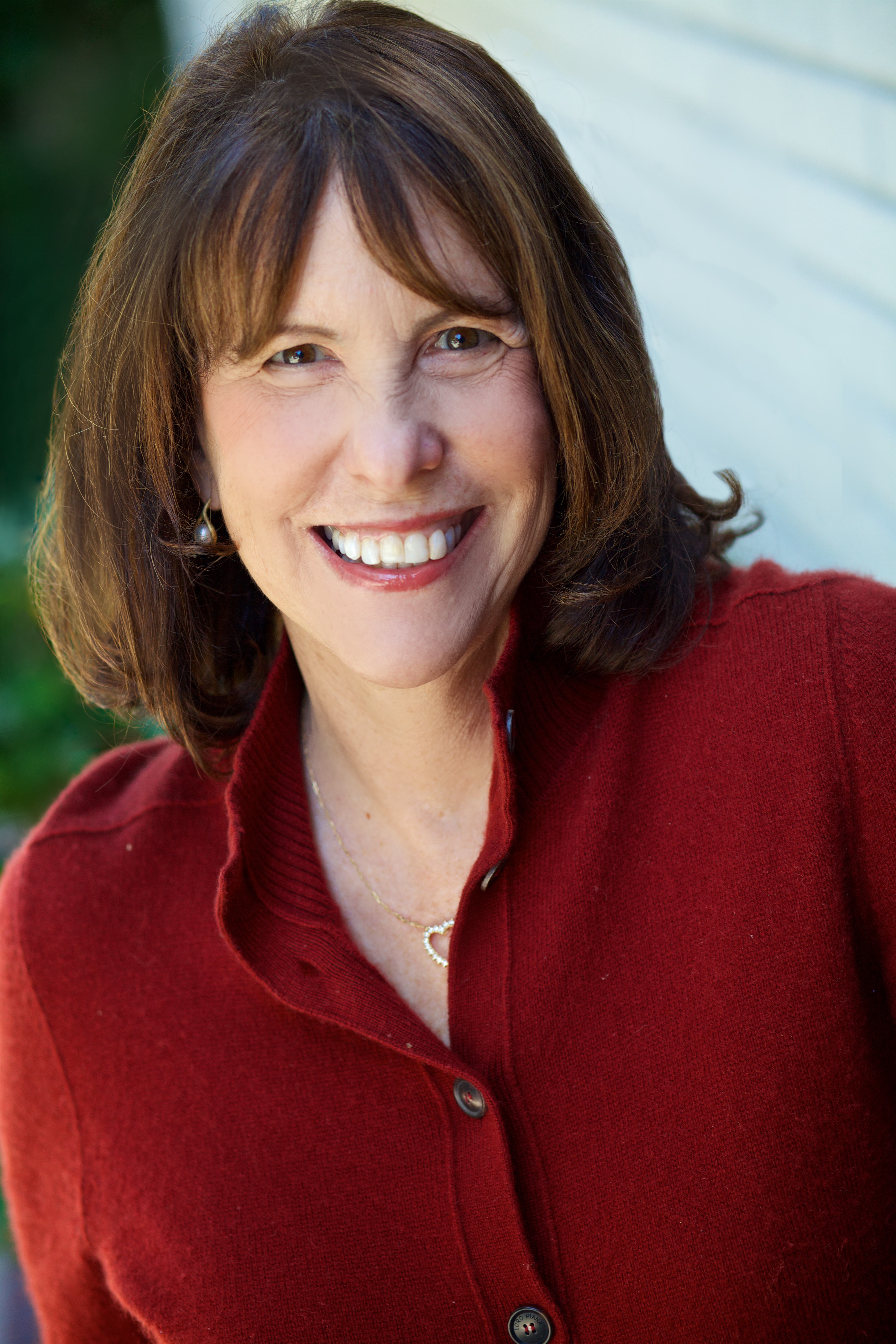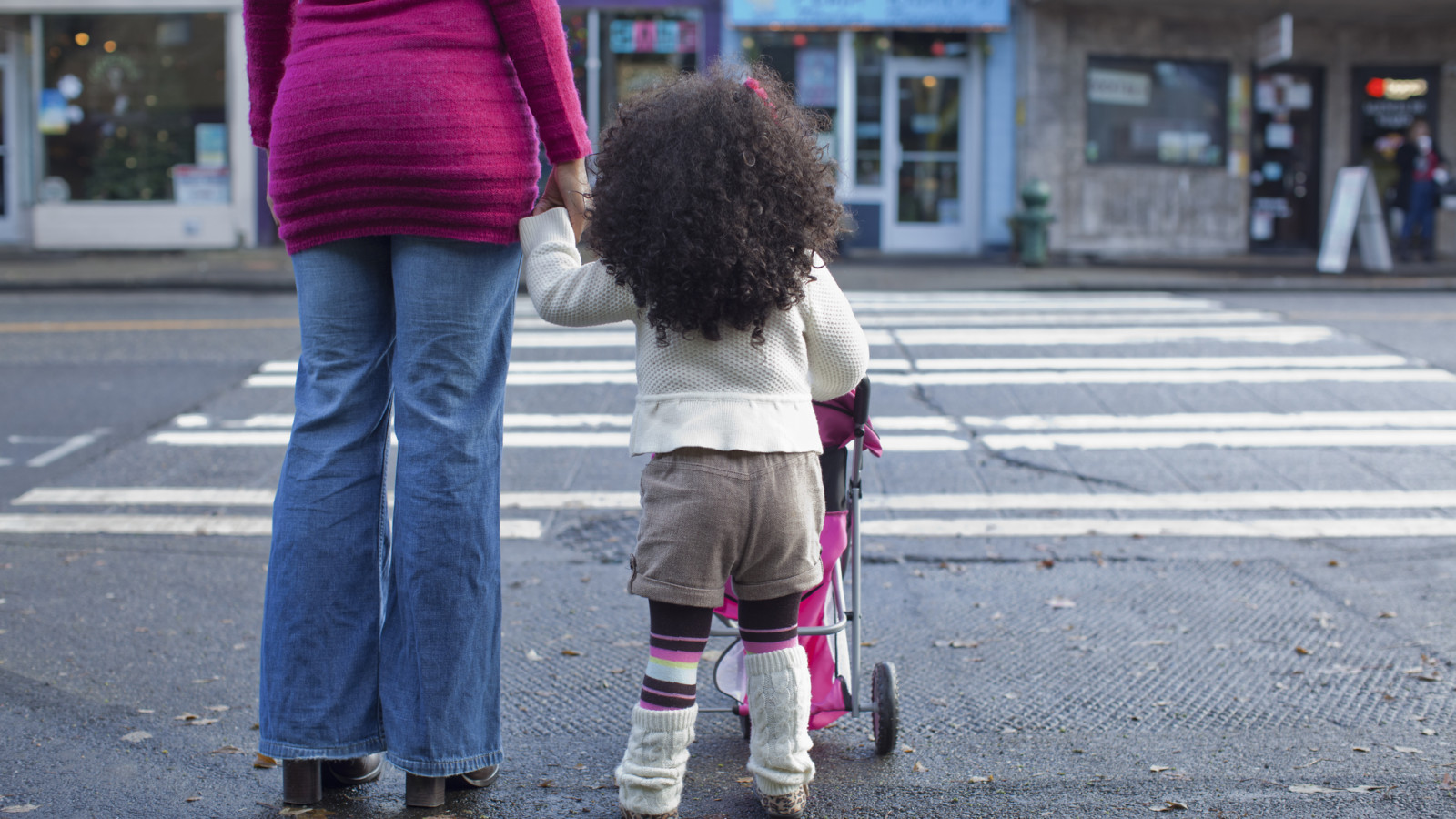Most of us understand that we’re living in a rapidly changing and uncertain world. As we’ve seen, this heightens our anxiety and compromises our problem-solving and decision-making skills. In order to fully unwind the ill effects of uncertainty on our thinking, we need a thorough and more nuanced understanding of anxiety. How does anxiety affect us? How does our anxiety affect our children? What can we do to increase our ability to not only tolerate anxiety-provoking situations, but to learn from anxiety? Children’s natural instinct is to avoid things that make them afraid or anxious, but if they do, they can’t develop courage and competency. This is the worst possible scenario for dealing with uncertainty, because you can’t be crazy anxious if risk-taking, rapid adaptation, and comfortably engaging with new people are among the skills you will need going forward.
The Connection Between Anxious Parents and Anxious Kids
Nearly one in five adults in the United States has suffered from an anxiety disorder over the past year, and nearly one in three of us will experience it over the course of our lifetime. Among adolescents ages 13 to 17, one in three struggled with anxiety within the past year, and 8.3 percent had a severe impairment. While no one can claim to know all the reasons for the rise in anxiety, most experts agree that our unstable era contributes to it and that smartphones and social media exacerbate it. As Alex Williams wrote in the New York Times, “Epidemiologists consider anxiety a medical condition, but the disorder is starting to seem like a sociological condition, too: a shared cultural experience that feeds on alarmist TV graphics and metastasizes through social media.”
Apart from the cultural factors that are causing us to be more anxious, our genetic makeup plays a role. There are adults who are born bold, and others who are born more cautious and fearful. Similarly, some children are active explorers of the world and seem fearless, and others seem challenged just by leaving Mom’s side. Studies have indicated that 30–40 percent of the individual risk for anxiety disorders is due to genetics. But having a genetic predisposition to anxiety doesn’t mean it’s written in stone. The environment, for better or worse, is almost always working right alongside our genetic code.
There is another connection between parents’ anxiety and that of their children. Anxious parents have less tolerance for their children’s distress, and this leads them to avoid situations they think will upset their child. All parents do this to some degree, but anxious parents do it much more frequently.
Childhood is a series of extraordinary discoveries — some delightful, some anxiety-provoking—for both children and parents. Tolerating our anxiety about our children’s ventures out into the world requires patience, self-control, and emotional fuel. When we’re low on those reserves, we feel compelled to make our anxious feeling stop now. When new mom Gina’s 3-month-old wailed at night, it seemed unbearable. Her mother told her to let him cry it out, but she couldn’t. The shrieking was rattling her last nerve. So she would scoop her infant up at his first protest call and rock him to sleep in her arms. He was no longer distressed, and neither was Gina. In the process, the baby couldn’t learn how to soothe himself to sleep. And Gina couldn’t learn how to tolerate his discomfort. Our children can’t learn if we don’t.
This double-edged sword plays out in ways that feel loving and supportive in the moment, but over the years can accumulate, with extremely deleterious effects on our kids. Say you had a bad fall on a bike when you were a child. You’re in no rush to get your youngster on a bike — maybe he’ll fall and still be thinking about it thirty years later. To make sure that doesn’t happen, you delay granting his request for a bike. It’s kind of a twofer. You believe you’re sparing your son a potentially dangerous and anxiety-provoking experience, but you’re mostly sparing yourself reigniting the fear you felt when you fell. In this way, instead of helping your child develop bravery and coping skills, you’re unintentionally promoting fear and hesitancy.
When we think of protecting our children, we tend to think of rescuing them (from an oncoming car) or shielding them (from online porn or mean classmates). These are, of course, critical forms of protection. But providing our kids with lasting protection requires a longer view. Real and enduring protection is built slowly and incrementally. It comes from the competency and self-awareness children gain as they test themselves physically, mentally, and socially. Responsive parents are very attuned to their children’s feelings, and that’s a good thing: attunement between child and parent is critical for the development of mental health and empathy. But a parent who is overly attuned to anxiety is not doing their child any favors. This kind of overly anxious parenting typically has deep roots and is challenging to change. But let’s look at the unintended consequences of not taming our hyperreactivity to our children’s anxiety.
The teenagers and young adults I see in my practice often suffer from what I will be calling accumulated disability: impairment of life skills and the ability to cope, adapt, and function. It’s a result of years of misguided protection offered by parents who respond to their children’s developmentally normal anxiety by shielding and rescuing them. This would be a shame in any era, but in ours it’s a real threat to a young person’s life and livelihood. Because if we know anything about the next twenty or thirty years, we know that essential skills will include self-sufficiency, equanimity in the face of change, and enthusiasm for challenge.



